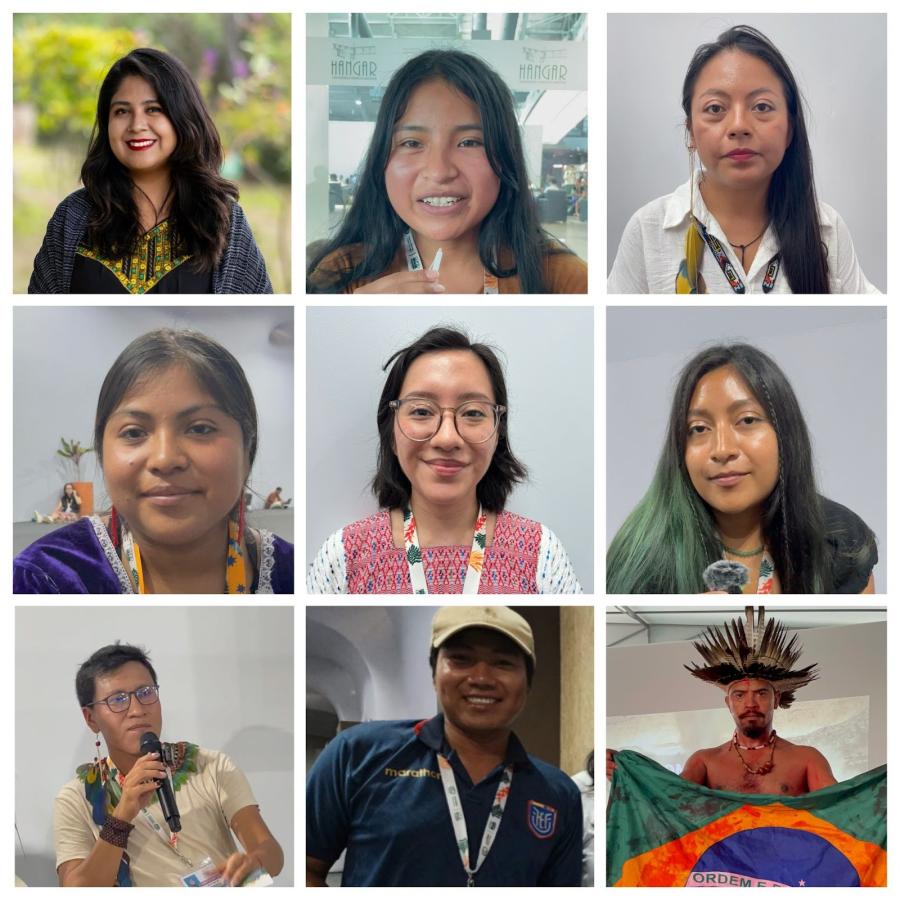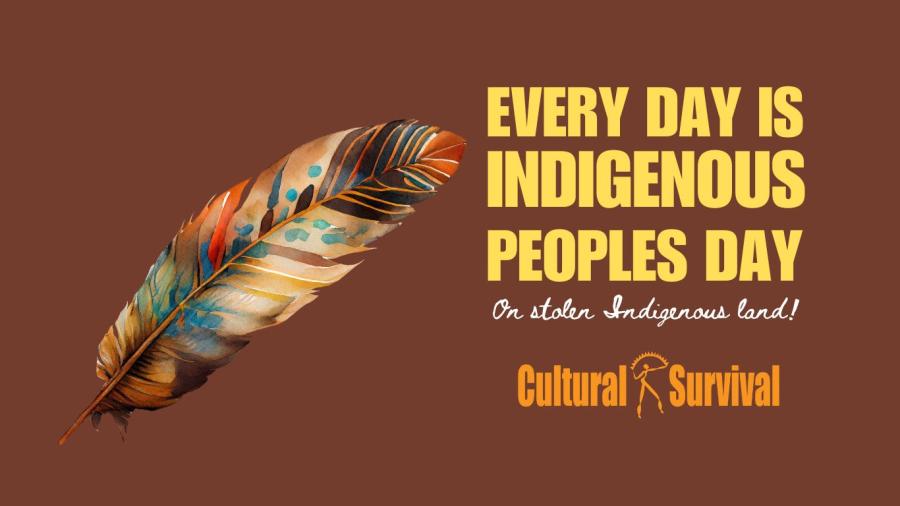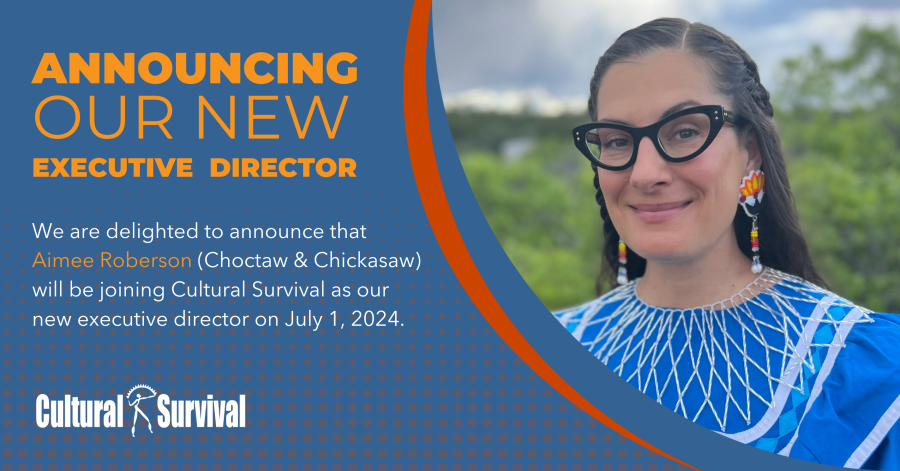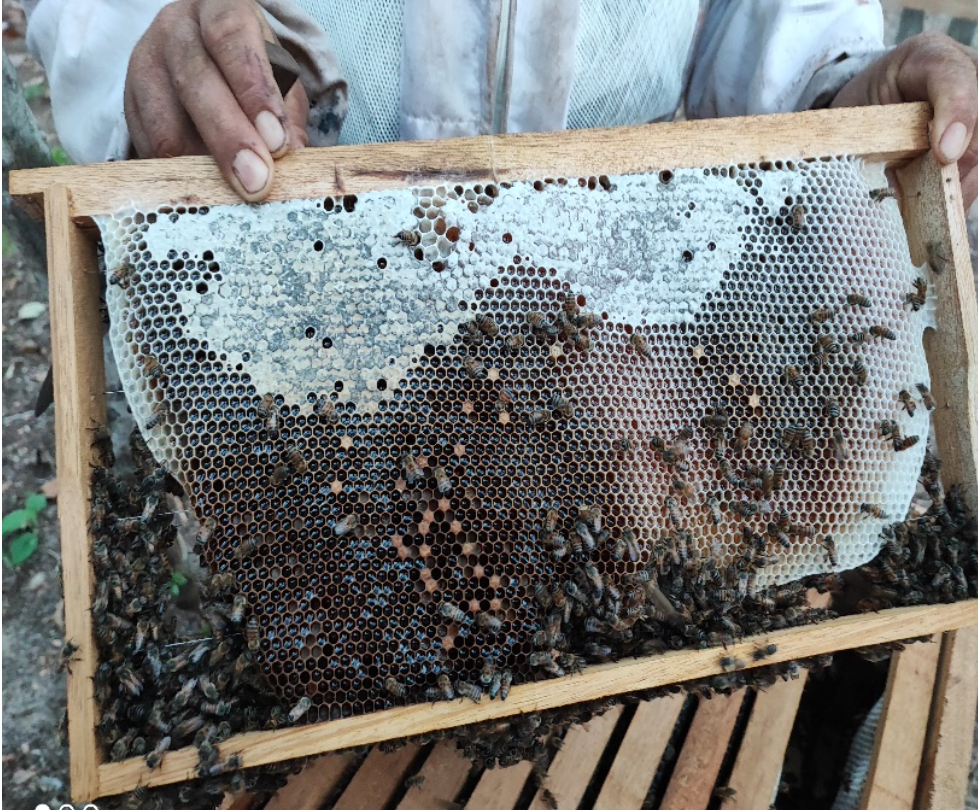
May 20 is World Bee Day, a day to highlight the crucial role that bees and other pollinators play in maintaining the Earth's diverse ecosystems. Bees are not only essential for the pollination of plants but also for the protection of biodiversity. However, bees and other pollinators are under threat due to human activities such as pesticide use, climate change, and habitat destruction. Indigenous Peoples have long recognized the importance of bees and have developed their own unique ways of beekeeping that prioritize stewarding local ecosystems. Indigenous beekeeping practices have been passed down through generations, and offer a more sustainable alternative to modern, industrial beekeeping methods that prioritize commercial production.Indigenous beekeeping practices have long been cherished for their ability to cultivate a profound bond with nature and ancestral heritage, while simultaneously bolstering a community's well-being and sustainability. For example, at the heart of the beekeeping project developed by Sociedade Indígena Córrego João Pereira (SITCOJOP), a Cultural Survival Keepers of the Earth Fund (KOEF) grant partner, lies a vision to uplift the Tremembé Peoples of Itarema (Stream of João Pereira) in Brazil and bolster their resilience in the face of multiple challenges. With a grant from KOEF, SITCOJOP successfully established an apiary (a collection of beehives) within their community last year, which has proven to be transformative for both the environment and people. This initiative has not only provided financial benefits but also serves as an anchor in preserving and revitalizing cultural traditions.
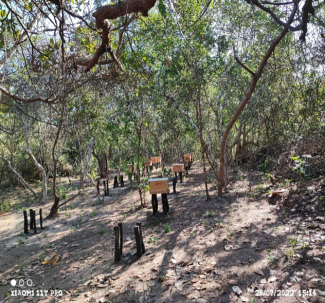
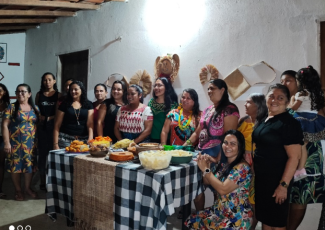
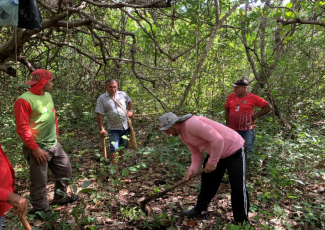
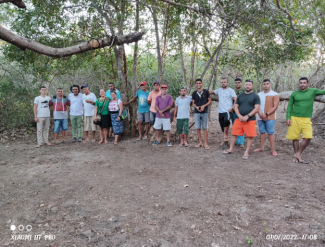
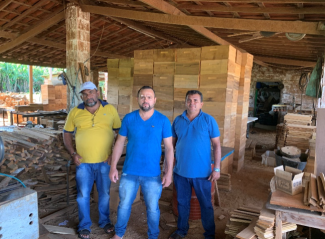
Utilizing the resources provided through the grant, SITCOJOP cleared the land of weeds, ensuring a conducive environment for the apiary to thrive. The selected perimeter was enclosed with fencing, safeguarding the precious hives and enhancing the efficiency of the beekeeping operations. Additionally, bases were installed to house the hive boxes, allowing for easier access and management of the bee colonies. Through their dedication to the project, the community successfully transferred swarms to the hives, kickstarting a relationship between the Tremembé people and the buzzing inhabitants of their newfound apiary.
Amidst the backdrop of the ongoing COVID-19 pandemic, climate change-induced disruptions, and encroachment upon their ancestral territories, the Tremembé community has faced growing food and nutritional insecurities. The establishment of the beekeeping project has strengthened the community's resistance by addressing these challenges head-on. By embracing the art of beekeeping, the Tremembé Peoples have not only diversified their income sources but have also fortified their food security and increased local pollination. The positive impact of this venture has been felt throughout the community, reaching up to twelve families directly involved in the production process and resonating with the entire community regarding socioeconomic development.
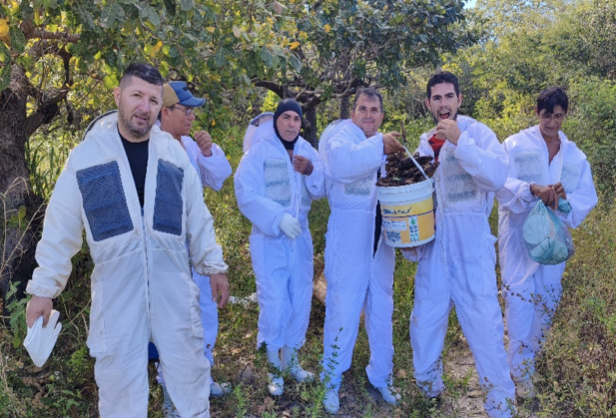
A key aspect of SITCOJOP's beekeeping project is its commitment to sustainability and community cohesion. By forging strong bonds within their own community, the project aims to establish a self-sustaining model that can endure for generations to come. Moreover, SITCOJOP is actively cultivating partnerships with governmental bodies dedicated to environmental conservation. By fostering collaboration and engaging with these stakeholders, the project endeavors to create a holistic approach to beekeeping that not only benefits the Tremembé Peoples but also contributes to the wider ecosystem and promotes the stewardship of biodiversity.
The beekeeping project developed by Sociedade Indígena Córrego João Pereira (SITCOJOP) stands as a testament to the profound impact that Indigenous-led initiatives can have on community empowerment, cultural continuity, and environmental stewardship. Bees' and other pollinators' role in maintaining the health and survival of ecosystems worldwide cannot be overstated. These pollinators are crucial because up to 90% of the flowering plant species found across the globe rely either fully or partially on animal pollination. Indigenous agricultural systems, often characterized by agroforestry, diversified cropping, and traditional seed saving, have a symbiotic relationship with these pollinators. Therefore it is crucial to recognize the role of Indigenous Peoples in protecting bee populations and protecting our planet's ecosystems.
Indigenous beekeeping practices, however, are not without their challenges. The peril of habitat loss, climate change, and the utilization of pesticides all pose substantial risks to global bee populations. The challenges facing beekeeping are numerous and multifaceted. Intensive farming practices and land-use change have led to the loss of natural habitats and food sources for bees, leading to reduced populations. Mono-cropping and the use of pesticides have also had a significant impact on bee populations. For these reasons securing Indigenous land rights and preserving knowledge systems is key. Climate change, with its associated higher temperatures, has also led to changes in flowering times, which in turn affects the availability of food for bees. All of these factors contribute to the overall decline in bee populations. By protecting and revitalizing Indigenous beekeeping practices, we can nurture biodiversity and ensure a more sustainable future for both bees and Indigenous communities.
As we celebrate World Bee Day, it is vital to recognize the crucial role that Indigenous Peoples continue to have in the protection of bees and other pollinators. In a world grappling with a global food supply crisis and the looming threat of pollinator extinction, recognizing the immense value of Indigenous Knowledge becomes more crucial than ever. Supporting Indigenous communities in their tireless efforts to safeguard our natural world offers a beacon of hope and a blueprint for all to follow.
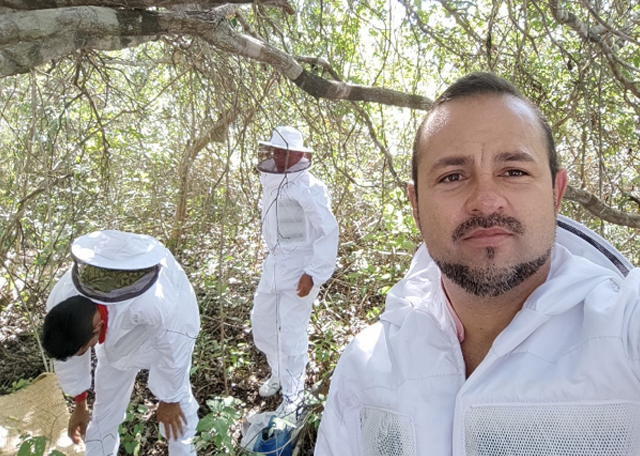
In 2021, Sociedade Indígena Córrego João Pereira received a grant from the Keepers of the Earth Fund (KOEF). KOEF is an Indigenous Led Fund within Cultural Survival designed to support Indigenous Peoples’ community development and advocacy projects. Since 2017, we have supported 238 projects in 38 countries through small grants and wrap-around support. In 2022, we celebrated a milestone of 1 million dollars provided in small grants directly to Indigenous communities, collectives, organizations, and traditional governments to support projects designed by them and in accordance with their Indigenous values. Predicated on the United Nations Declaration on the Rights of Indigenous Peoples, Cultural Survival uses a rights-based approach in our grantmaking strategies to support grassroots Indigenous solutions through the equitable distribution of resources to Indigenous communities.
